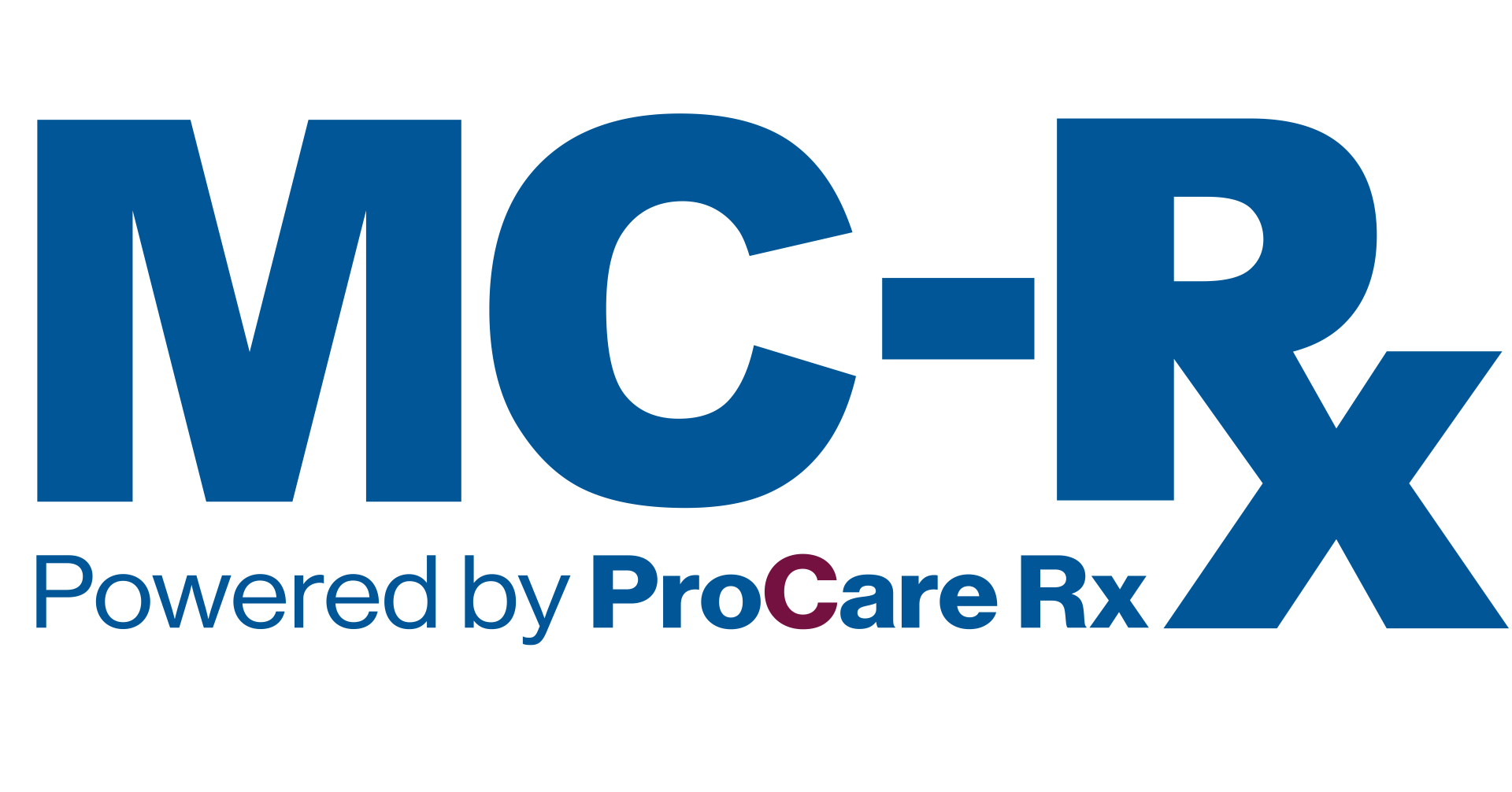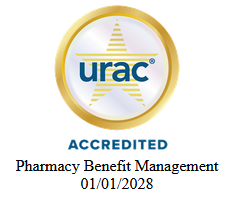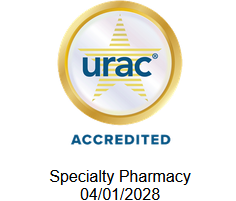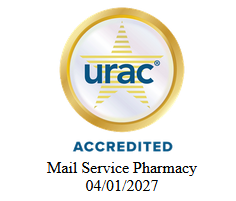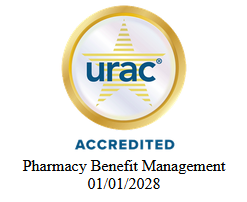How to Prevent Colorectal Cancer
Colorectal cancer is a severe health condition affecting many people worldwide.

The colon and rectum are part of the large intestine. Both work together to help rid our bodies of waste and keep our bodies healthy. When someone has cancer in either of these sites, it's called colorectal cancer. This article will teach you how to lower your chances of getting this type of cancer.
Colorectal cancer is a severe health condition affecting many people worldwide. Your risk increases after the age of 50, but certain unchangeable factors can increase the risk of developing this disease, these include:
- Being of African American descent
- Family history of colorectal cancer
- Personal or family history of certain genetic conditions
If you have any of these factors, it is important to speak with your physician to find out if you may need to begin screenings earlier than usual.
You can take steps to lower the risk of getting the disease. Organizations like the United States Preventive Services Task Force (USPSTF), Centers for Disease Control and Prevention (CDC), American Cancer Society, and The National Cancer Institute provide recommendations to help prevent colorectal cancer that include:
Getting screened for colorectal cancer
Regular check-ups are important in preventing colon cancer. A gastroenterologist can do tests like colonoscopies and stool tests to check for problems. You should begin having these screenings at age 45 and continue on your physician’s recommended schedule, as risks increase after the age of 50.
Regular exercise
Regular exercise and a healthy weight are important in lowering your risk of colorectal cancer. This means exercising for at least 30 minutes daily, 5 days a week. Take regular breaks from sitting or lying down too much by standing and stretching.
Lowering alcohol consumption
Drinking too much alcohol daily can increase your chances of getting colorectal cancer. It's best not to drink alcohol at all. If you do drink, the American Cancer Society suggests that men should have no more than two drinks per day and women have no more than one.
Quit Smoking Tobacco
Smoking can cause many health problems, including colorectal cancer. Quitting smoking can help reduce your chances of getting colorectal and many other types of cancer.
Aspirin
Studies have shown that taking low-dose aspirin can reduce the risk of colorectal cancer. It's important to talk to your doctor to discuss whether this is a good option.
Maintaining a healthy diet
Overeating red and processed meat may increase the risk of colon cancer. Include more fruits, veggies, and whole grains in your diet to lower your risk.
In summary, colorectal cancer is a significant health concern, but there are steps you can take to lower your risk of developing the disease. The most important is regular screenings starting at age 45. Daily exercise, limiting alcohol consumption, quitting smoking, and following a healthy diet can also help reduce your risk. While certain factors are out of your control, you should speak with your doctor if any of these apply to you. Taking proactive steps to prevent colorectal cancer can improve your chances of living a healthy, cancer-free life.
References
American Cancer Society. (2020). Colorectal cancer prevention: How to prevent colorectal cancer. Colorectal Cancer Prevention | How to Prevent Colorectal Cancer. Retrieved from https://www.cancer.org/cancer/colon-rectal-cancer/causes-risks-prevention/prevention.html
American Cancer Society. Six ways to lower your risk for colon cancer. Six Ways to Lower Your Risk for Colon Cancer. (2021). Retrieved from https://www.cancer.org/latest-news/six-ways-to-lower-your-risk-for-colon-cancer.html
Centers for Disease Control and Prevention. (2022). Colorectal cancer screening tests. Centers for Disease Control and Prevention. Retrieved from https://www.cdc.gov/cancer/colorectal/basic_info/screening/tests.htm
Centers for Disease Control and Prevention. (2022). What can I do to reduce my risk of colorectal cancer? Centers for Disease Control and Prevention. Retrieved from https://www.cdc.gov/cancer/colorectal/basic_info/prevention.htm#:~:text=Healthy%20Choices,alcohol%20consumption%2C%20and%20avoiding%20tobacco.
MD Anderson Cancer Center, & Underferth, D. (2020). Colorectal cancer prevention: What you need to know. MD Anderson Cancer Center. Retrieved from https://www.mdanderson.org/publications/focused-on-health/Colorectal-cancer-prevention-What-you-need-to-know.h24Z1591413.html
National Cancer Institute. (2022). Colorectal cancer prevention (PDQ®)–patient version. National Cancer Institute at the National Institutes of Health. Retrieved from https://www.cancer.gov/types/colorectal/patient/colorectal-prevention-pdq
United States Preventive Services Task Force. (2016). Final recommendation statement: Screening for colorectal cancer. United States Preventive Services Taskforce. Retrieved from https://www.uspreventiveservicestaskforce.org/uspstf/announcements/final-recommendation-statement-screening-colorectal-cancer#:~:text=The%20USPSTF%20recommends%20screening%20for,health%20and%20prior%20screening%20history.



